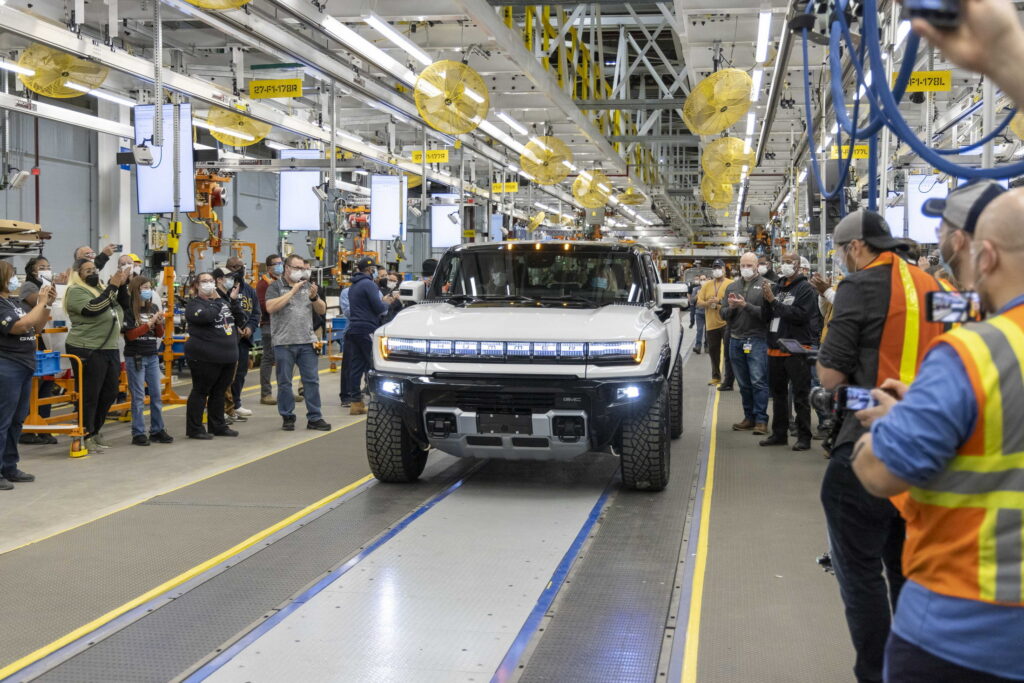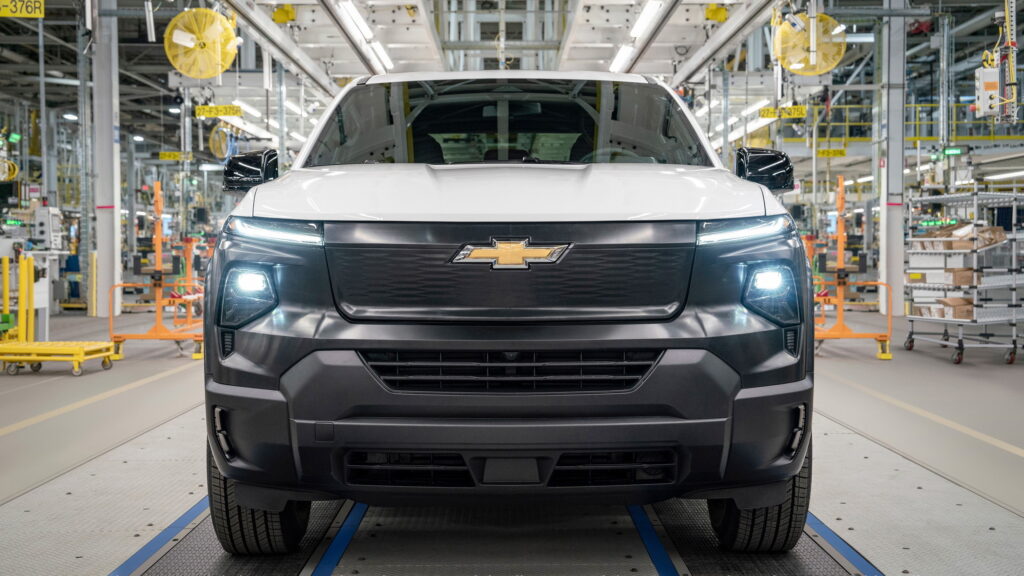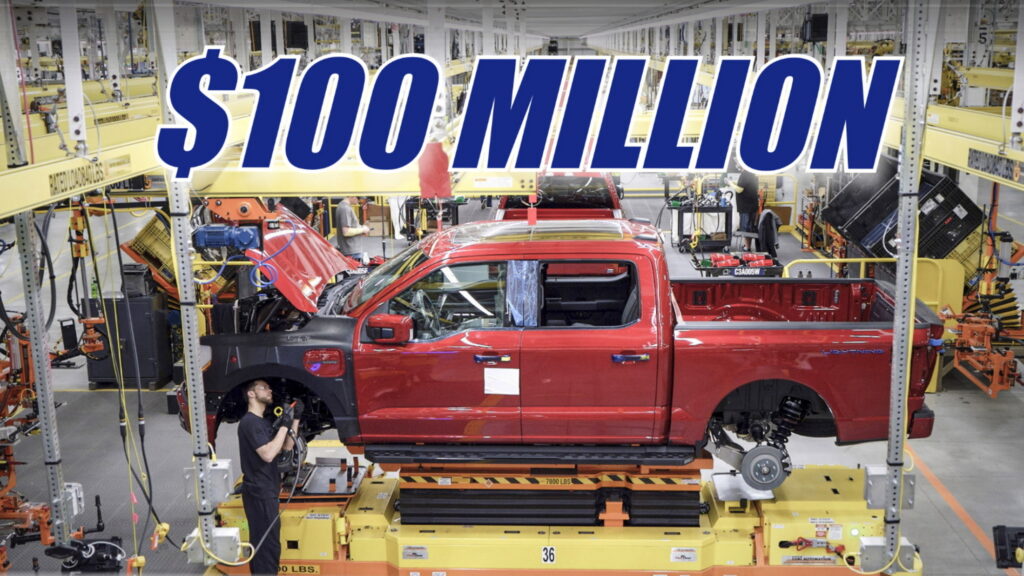- Vice President Kamala Harris is in Detroit today, announcing $100 million in funding to help suppliers prepare to make parts for EVs.
- The White House says that the money will keep good-paying, union manufacturing jobs in the country.
- The funding will come from the Department of Energy as part of the Inflation Reduction Act and the Bipartisan Infrastructure Law.
As part of the Vice President’s Economic Opportunity Tour, Kamala Harris has announced that the White House will free up $100 million in funding to help small- and medium-size auto parts manufacturers prepare to produce components for electric vehicles.
Half of the funds will come from the Department of Energy’s Automotive Conversion Grants Program to help suppliers shift from manufacturing parts for internal combustion vehicles to EVs. The other half of the funding comes from the department’s Implementation Grants Program to help suppliers “kickstart manufacturing diversification and conversion projects.”
Read: EPA Cracks Down With Toughest-Ever Heavy Duty Truck Emissions Standards
The money will support “retooling to keep good, good-paying and union jobs in the same communities as automakers and auto suppliers transition to electric vehicle manufacturing here in America,” the White House wrote.
Vice President Harris is announcing the program today in Detroit, alongside Michigan Governor Gretchen Whitmer, Secretary of Energy Jennifer Granholm, and Acting Secretary of Labor Julie Su. Michigan is an important swing state, making this an important time to convince autoworkers that the White House is serving them ahead of this year’s election.

As part of the investment, the Small Business Administration will provide millions of dollars in private capital to help suppliers grow and diversify their business with the help of the DOE. In addition, the SBA will provide lines of credit to small businesses and will provide business counseling to suppliers.
These programs will be funded by the Inflation Reduction Act and the Bipartisan Infrastructure Law. The investments follow the March announcement that the DOE has set up a training program for battery plant jobs. The measures are being celebrated by experts, such as Michigan Department of Labor and Economic Opportunity senior deputy Jonathan Smith.
“We’ve always sort of been in this position where we’re just scrambling to respond,” Smith told The Detroit News, referring to previous auto industry challenges. “This really feels like one of the first opportunities we’ve had to really get out ahead of a problem in a while.”





